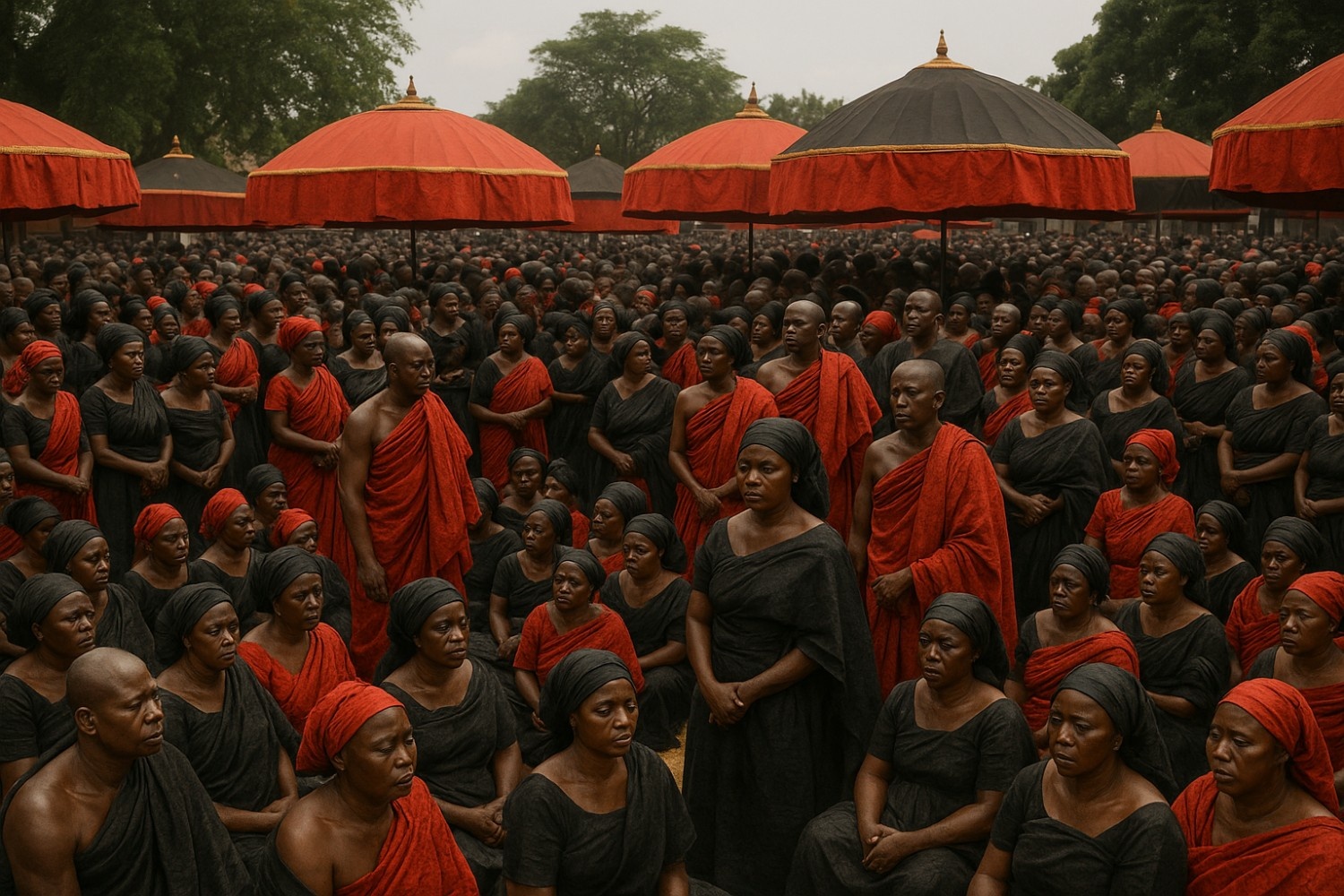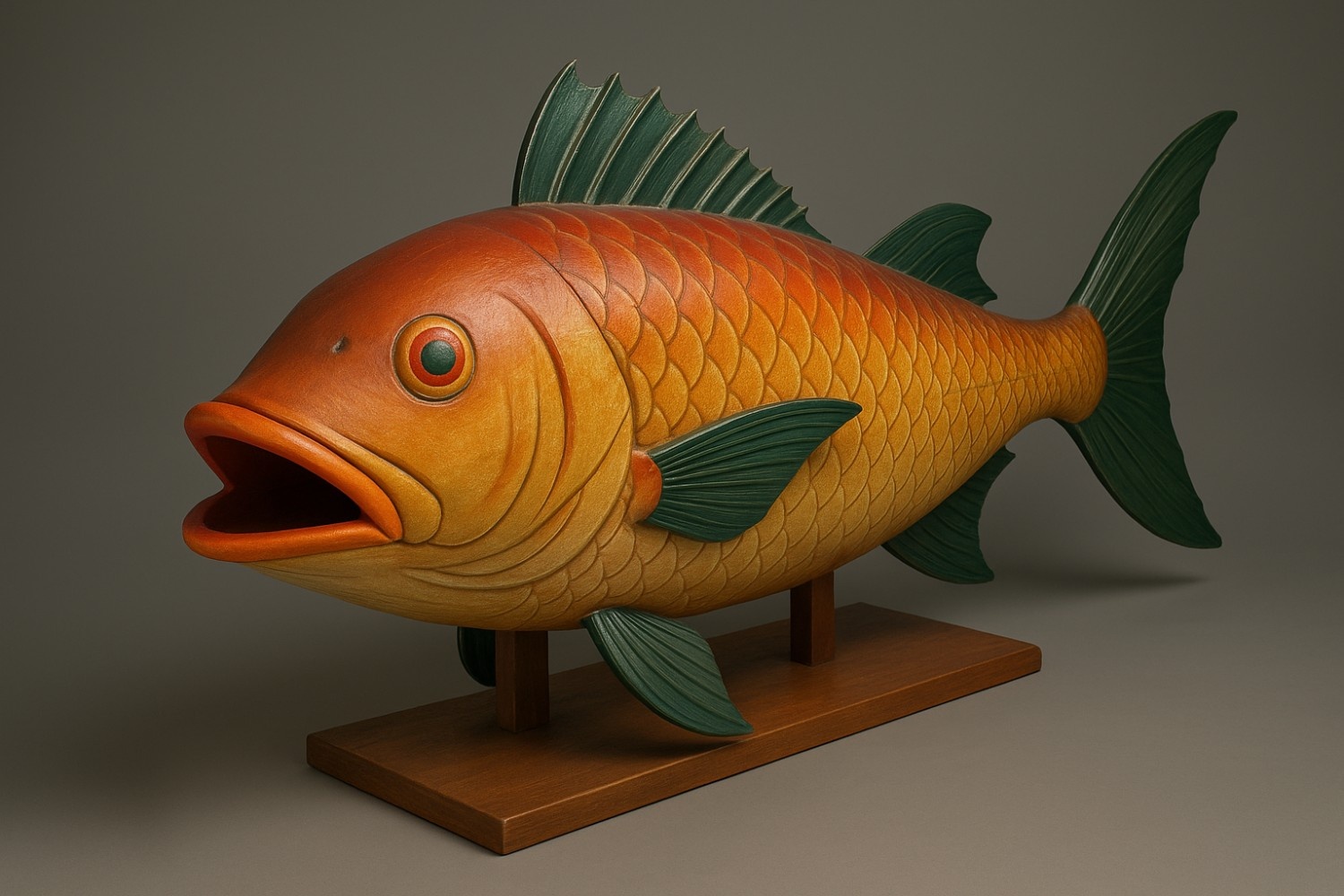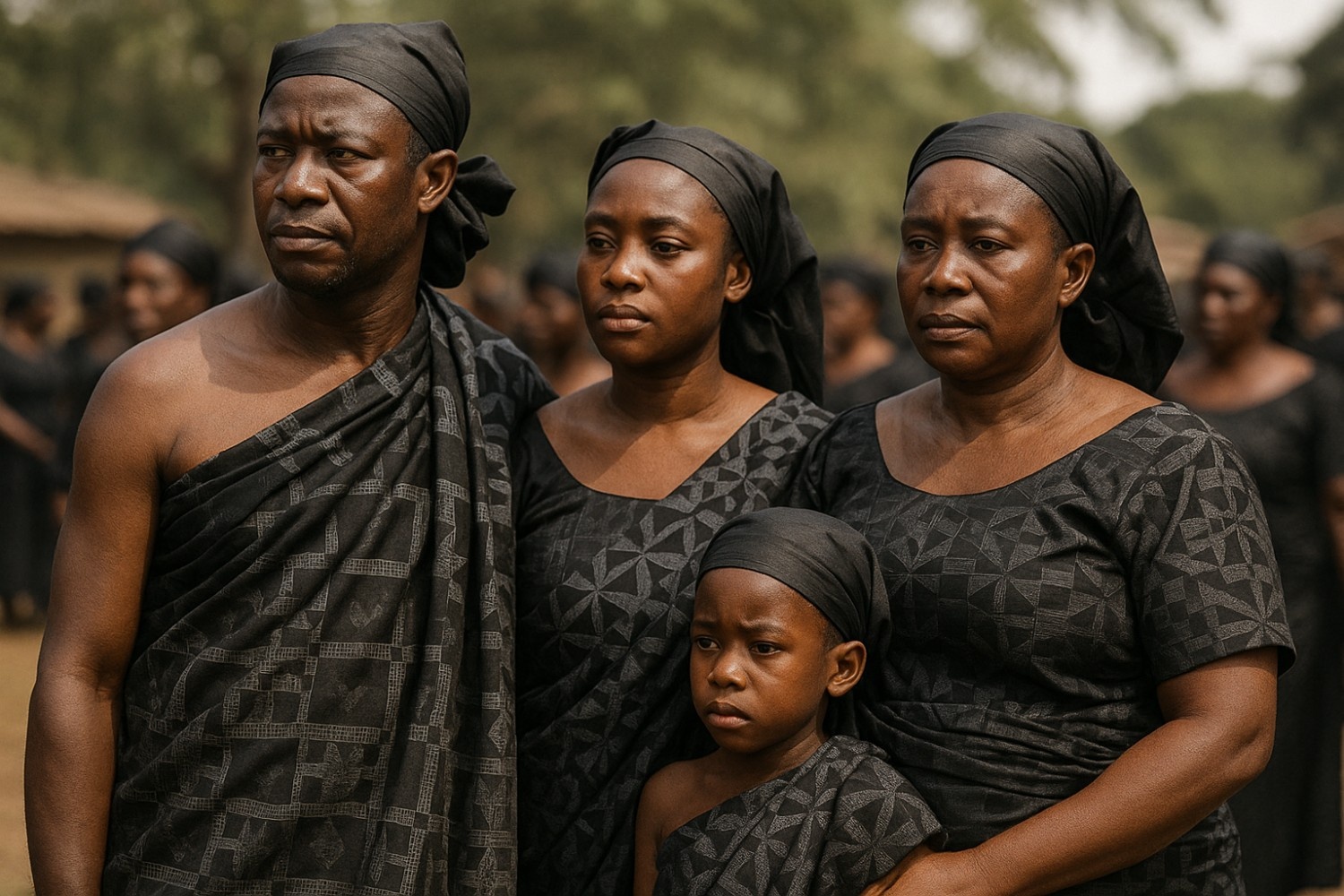

Ghanaian funeral ceremonies: A cultural journey across traditions
A shared yet diverse tradition
In Ghana, funerals are among the most significant cultural events. These funeral ceremonies not only serve as farewells to the dead but celebrations of life, legacies, and communal solidarity. While all Ghanaian cultures view funerals as essential, each ethnic group adds unique rituals, symbols, and ceremonies.
As CNN reports, Ghana’s funerals are elaborate, multi-day events that blend grief with music, colour, and cultural identity.
Akan funeral ceremonies
The Akan (including Asante, Fante, Akuapem, Akyem, and others) hold some of Ghana’s most widely recognised funeral ceremonies.
One-week celebration (Nnawotwe da): Held seven days after death to confirm arrangements.
Wake-keeping: Overnight vigils with music, dancing, and mourning.
Funeral day: Attendees dress in black and red cloth, while for elderly deaths, white or black-and-white cloth may be used to symbolise a life well lived.
Final funeral rites: Prayers, libations, and drumming accompany Christian or traditional services.
Social role: Funerals also serve as reunions, strengthening kinship and affirming community status.
Ga funeral ceremonies
Among the Ga people of Accra and surrounding areas, funerals carry deep symbolism:
Fantasy coffins: Coffins shaped like fish, planes, or tools, representing the deceased’s life or profession. These fantasy coffins have gained global recognition, according to National Geographic.
Drumming and dancing: The Ga are known for vibrant performances, turning funerals into both mourning and celebration.
Community participation: Extended families, neighbours, and entire towns attend.

Ewe funeral ceremonies
For the Ewe people of the Volta Region:
Ritual mourning: Traditional dirges, dances, and drumming are performed.
Funeral cloth: Families wear distinctive black, red, or patterned cloth depending on the age and status of the deceased.
Libation: Ancestral prayers and spiritual offerings guide the deceased’s transition.
Christian integration: Many Ewe funerals blend traditional rites with church services.

Dagomba funeral ceremonies
In Northern Ghana, the Dagomba people observe structured and communal funeral practices:
Islamic prayers: Many Dagomba are Muslim, so Qur’anic recitations are central.
Sequential rites: Ceremonies often occur on the 3rd, 7th, 40th, and 100th days after death.
Drumming: The “Lunsi” (talking drummers) play a key role, narrating history and honouring the deceased.
Gender roles: Men and women may mourn separately, reflecting cultural expectations.
Shared elements across cultures
Despite their differences, Ghanaian funeral ceremonies share important similarities:
Community focus: Funerals unite entire families, clans, and neighbourhoods.
Elaborate scale: Large gatherings with music, food, and ceremonial dress.
Respect for elders: Death at old age is celebrated as a transition, not a tragedy.
Integration of faith: Christianity, Islam, and traditional beliefs coexist in funeral ceremonies.
Continuity: Anniversaries, especially the one-year memorial, sustain remembrance.
Visual communication in ceremonies
Across Ghana, funeral ceremonies are also communicated through visual media:
Posters and banners – Announcing details in towns and churches.
Brochures and programs – Featuring tributes, hymns, and biographies.
Appreciation messages – Issued after funerals to thank supporters.
Cloth and colour – Black and red dominate, with variations depending on culture and age.
These materials ensure clarity and extend the symbolic presence of the funeral.
Challenges families face
Organising funeral ceremonies in Ghana can be overwhelming:
High costs – Catering, printing, cloth, and musicianship are expensive.
Time pressure – Planning large events within days or weeks of death.
Diaspora gap – Relatives abroad may miss details or participation.
Record-keeping – Announcements, condolences, and tributes are often lost after the event.
The everlasting digital obituary as modern support
At Ghana Memorial, we preserve the richness of Ghanaian funeral ceremonies while making them easier and more inclusive through the everlasting digital obituary. Families can:
Publish a Funeral Announcement page (coming soon).
Share an early One Week Notice online.
Preserve tributes in the Online Condolence Book.
Attach details like the Funeral Program or Funeral Brochure digitally.
Thank your supporters with a Funeral Appreciation Card.
Organise everything with the Funeral Planner.
This blends Ghana’s diverse traditions with modern accessibility, ensuring that ceremonies are both authentic and enduring.
Final thoughts
Ghanaian funeral ceremonies are as diverse as the cultures that make up the nation. From Akan one-week celebrations to Ga fantasy coffins, from Ewe dirges to Dagomba drumming, each tradition reflects identity, respect, and community. What unites them all is the conviction that death is not an end but a transition, honoured with dignity and solidarity.
With Ghana Memorial’s everlasting digital obituary, these traditions can be preserved, shared, and made accessible worldwide, ensuring that Ghana’s rich funeral culture lives on for generations.

